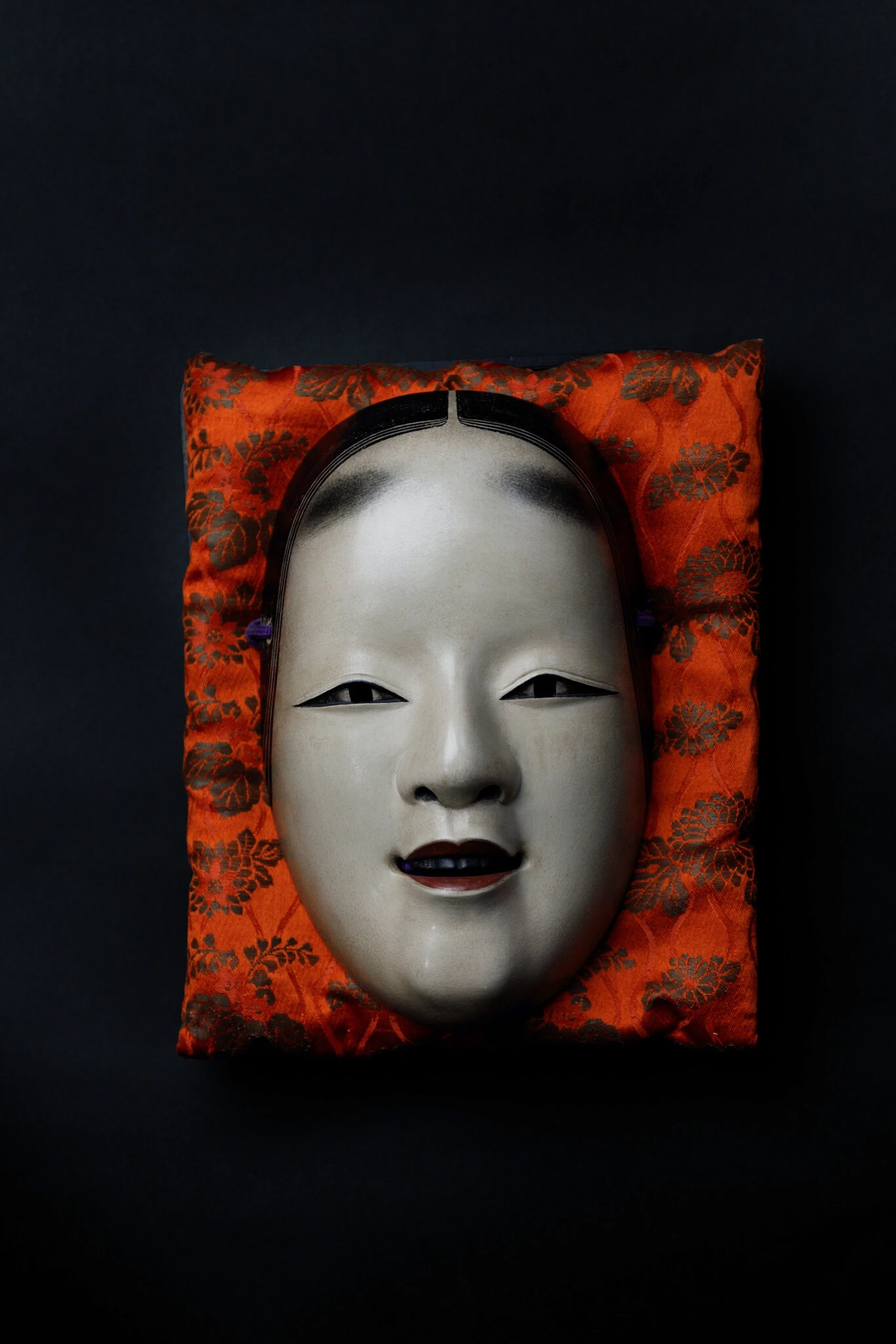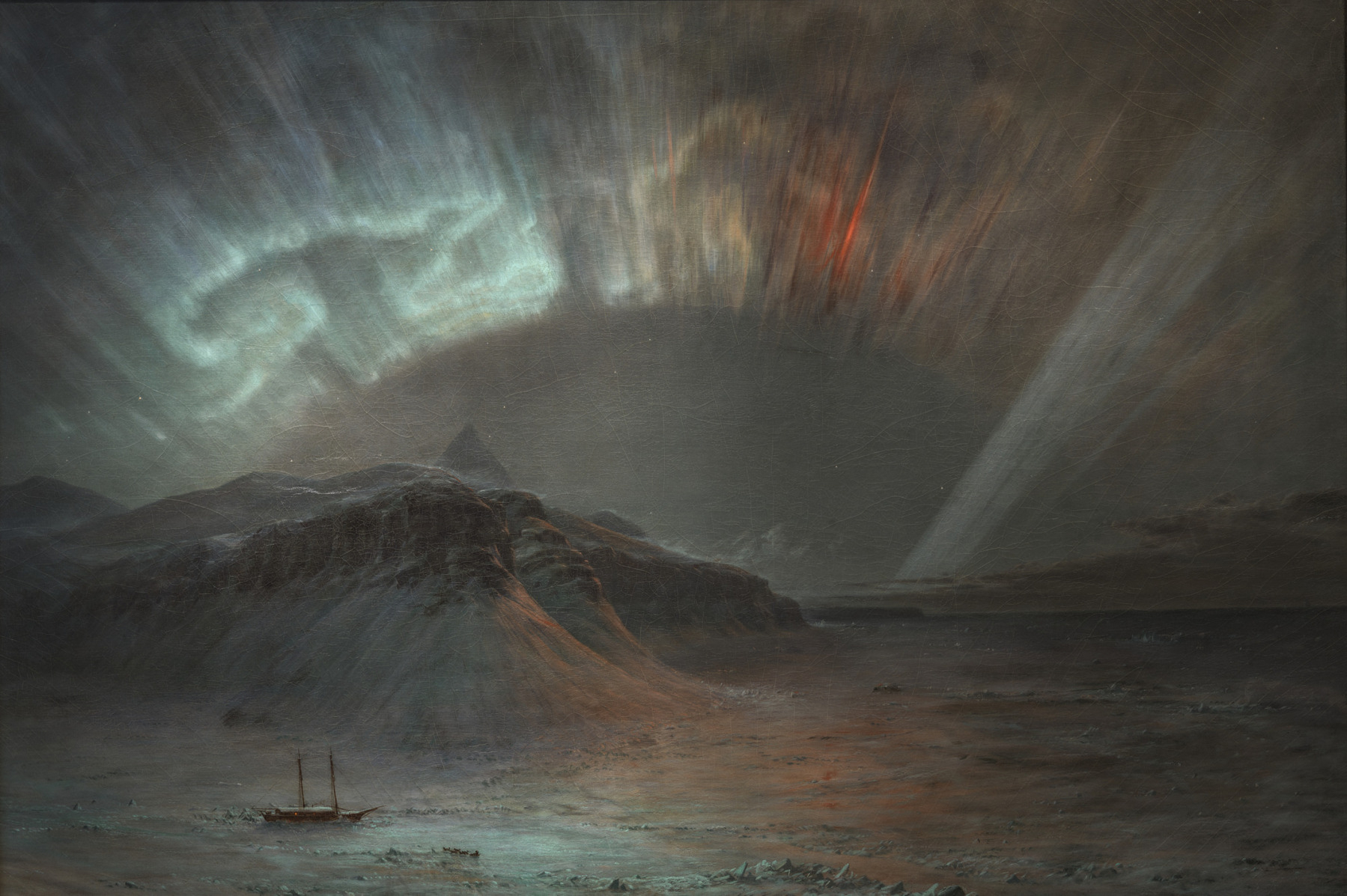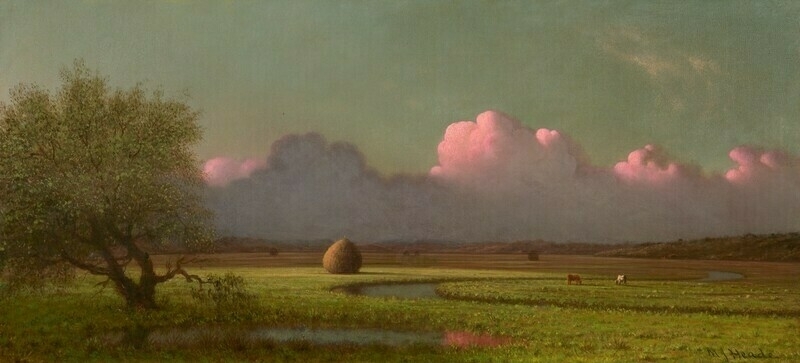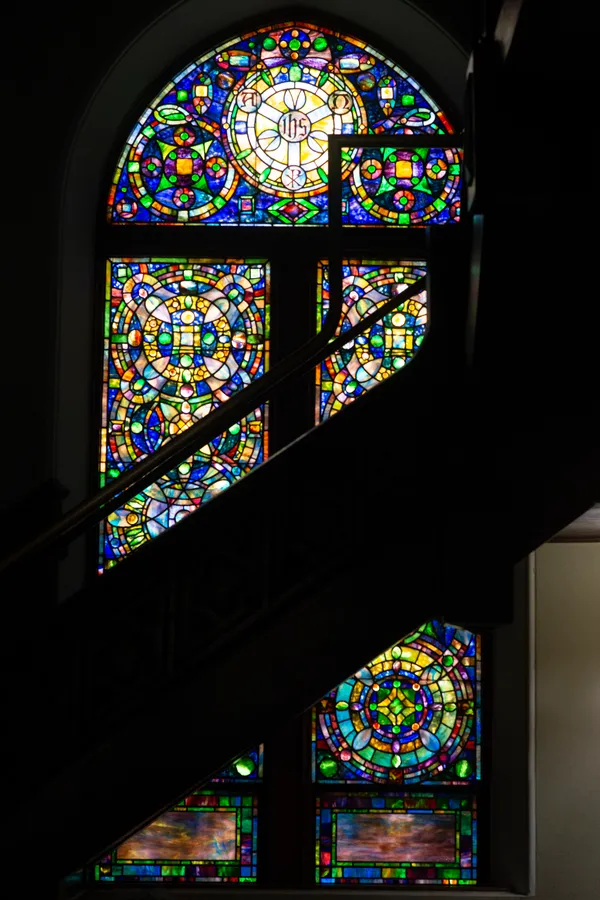Kinnell’s Saint Francis and the Sow: sometimes it is necessary / to reteach a thing its loveliness
-
-
Zadie Smith: It’s meaningful to me, in the radically local sense Philip Larkin got at in “Church Going,” as a specific place where for hundreds—or maybe thousands—of years, people have gathered for this purpose: to be quiet, to be in communion, to be with one another. These human souls can be abject, they can be lost, they can be rich or poor, hold a great variety of political views or none at all. The door is open.
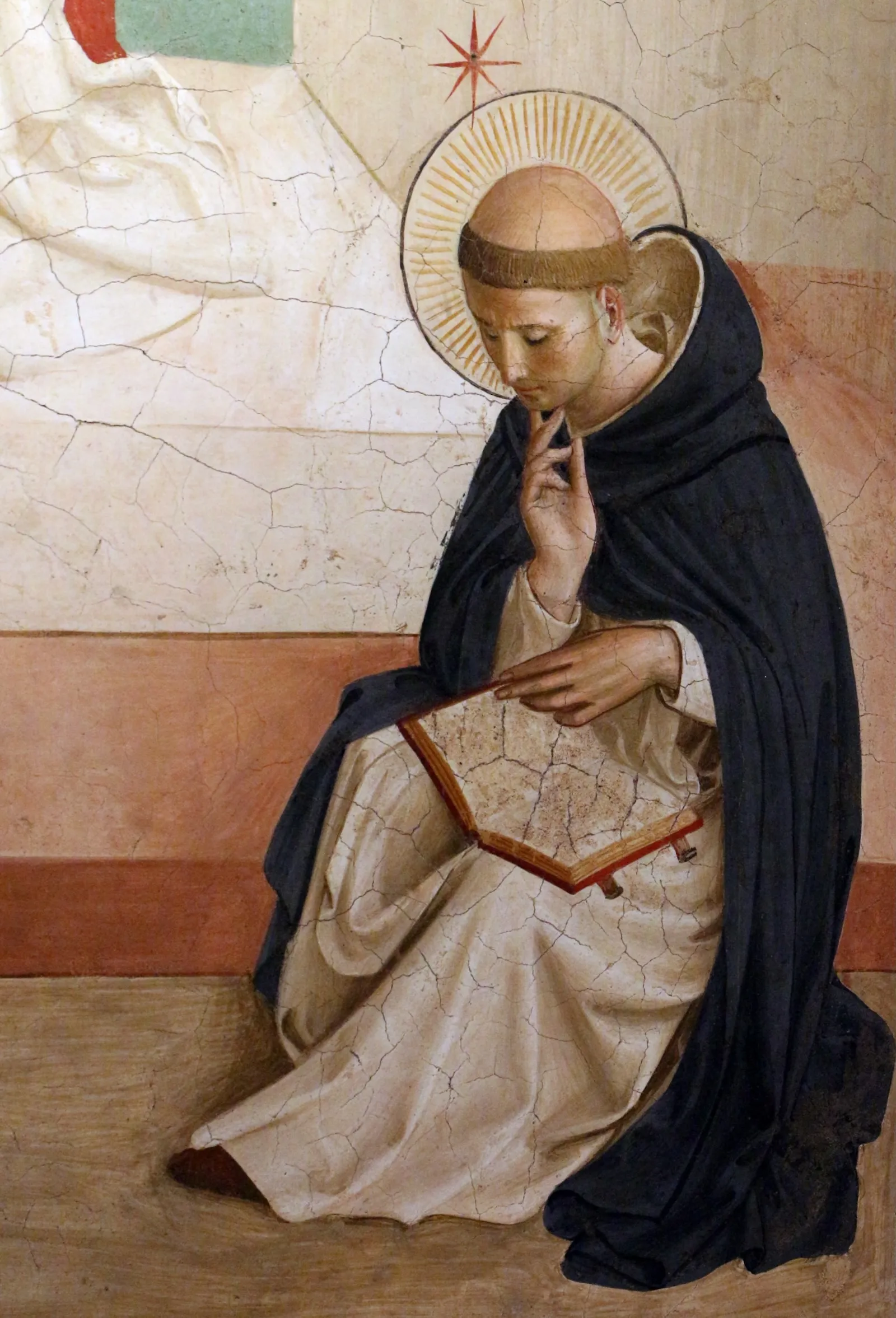
-

Finished reading: Marce Catlett: The Force of a Story by Wendell Berry 📚
-
People are amazing! A project to grow algae exclusively in the light of another star: Stellar Harvest
-
Arthur Brooks: We cannot expect ever to settle the argument over the existence of God. Just as we should continue to question theories, hypotheses, and assumptions in every field of science, we should interrogate religious and philosophical beliefs. By the same token, however, we should also exercise skepticism about our unbeliefs based on what we cannot perceive directly. To dismiss something for the fact of its invisibility is a mistake. Instead, intellectual integrity should make us open to indirect evidence that comes from beyond the realm of ordinary observation.
-
RIP Kanchha Sherpa: The mountains were also changing. Around Base Camp there was once lush grass, with yaks grazing. Gradually, it became packed earth and rocks. Peaks once white with snow turned black; glaciers melted almost before his eyes. He did not think this was global warming, though he had heard about that. The reason was simpler, that the goddess and the gods had been stepped on; and they were angry.
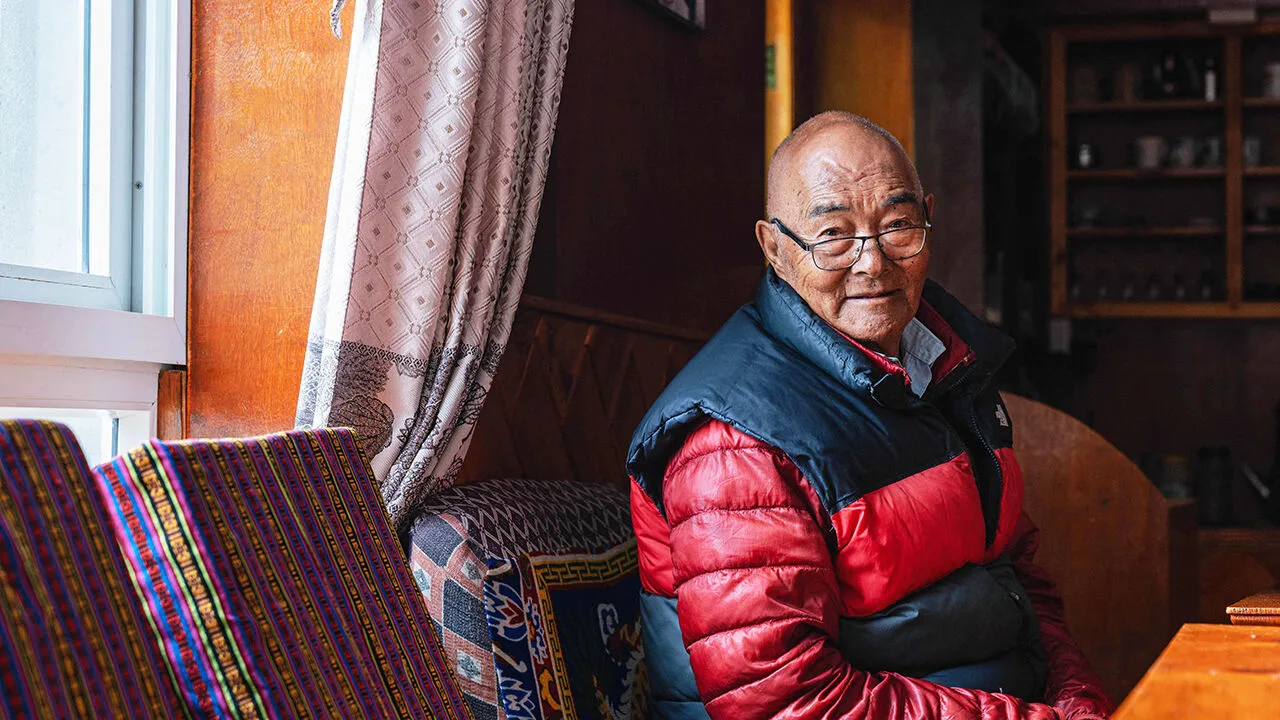
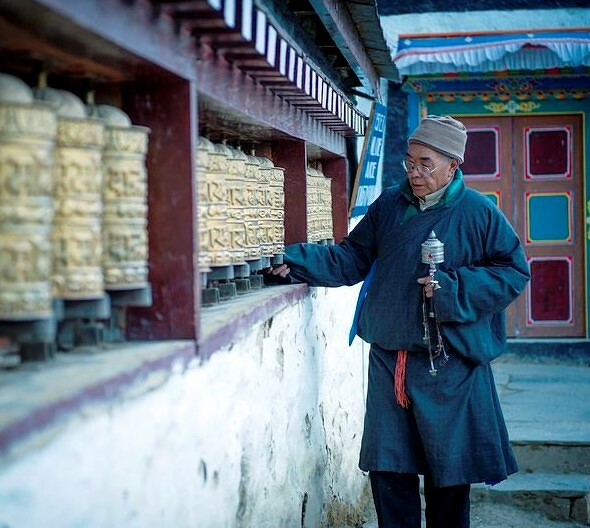
-
Indonesia: Over 100 ethnicities and languages populate Sulawesi. One group, the Toraja, places tremendous importance on rites for the dying and the dead; while Western cultures largely view death as final and private, Torajans see it as a communal and ongoing process requiring honor, care and celebration. In the south of the island, the Bugis culture centers on the bissu — revered priests thought to embody multiple genders and act as conduits between the human and spirit realms. Across Sulawesi’s modern inhabitants is a deep understanding of life as an unbroken line linking the ancient past with the present day.
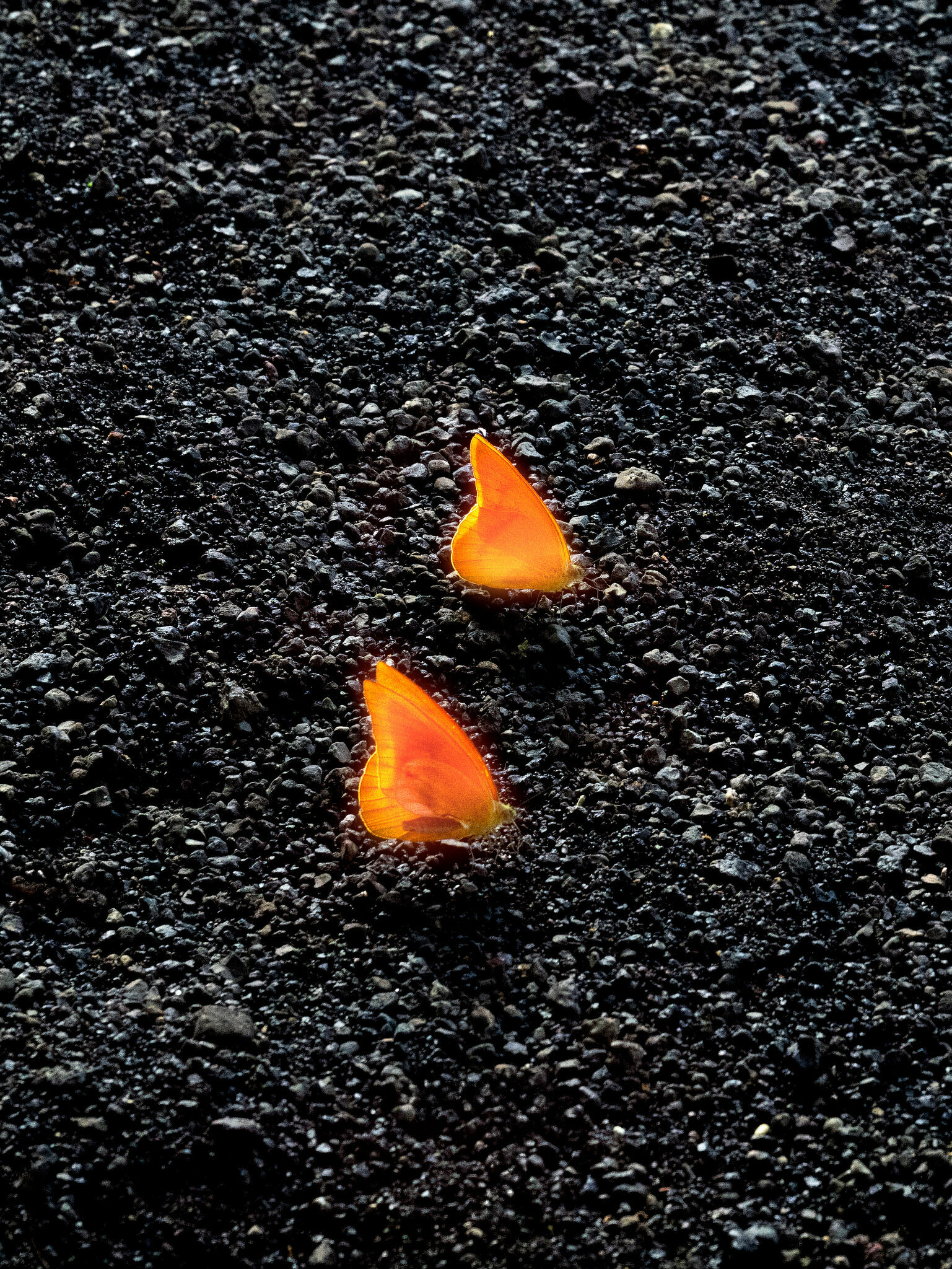
-
The Farmer: Mr. Matsuo, who survived esophageal cancer and, at 99, a bout of Covid, spends his weekends playing with his year-old great-grandson, Toki. After farming each day, he goes inside to rest at his kotatsu, a heated table that’s covered with heavy blankets. He slides down into their warmth, as grasshoppers bounce around on the windowsill behind him.
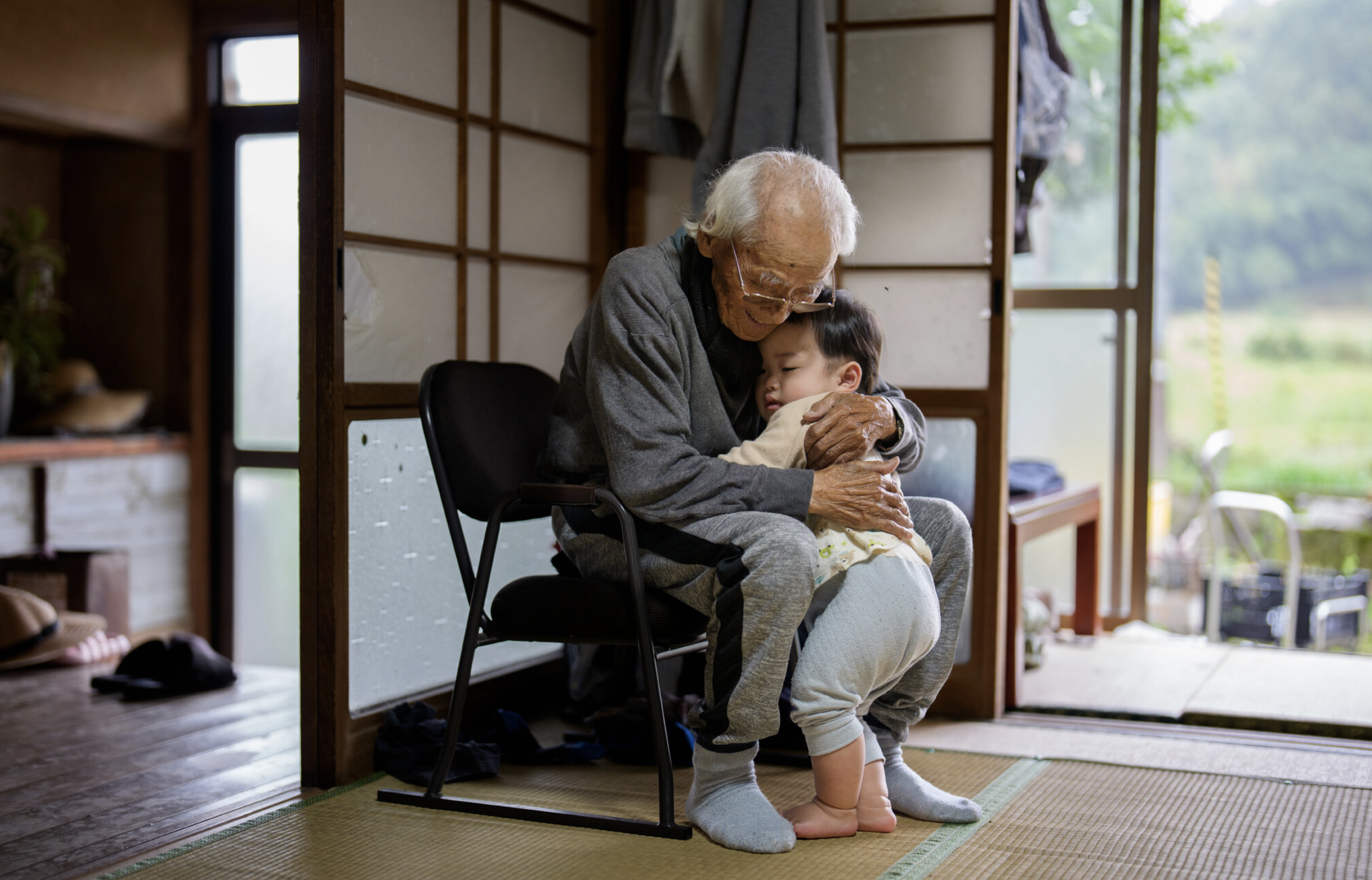
-
Joe Sacco: When I’m feeling particularly ungenerous, which is often, I think our electoral regimes have devolved into frameworks amenable to politicians who stoke fear and manufacture enemies to secure votes. This phenomenon has become so normalized that ordinary people have begun to reflect the sociopathologies of the leadership class. The result is what one person I met in India termed “election-time fury.” Unfortunately, violence and elections seem well suited, and I fear this will become only more apparent as the democratic spirit fades away — thus the “future riot.”
-
The Economist: Since 2001 around 215,000 hectares of the country’s forest have been lost each year. At this rate, all of Madagascar’s primary forests will be gone by 2100. The seed bank may one day serve as a final refuge for Madagascar’s plants, but its primary purpose is to ensure that never happens.
-
People are using AI to talk to God: In 2024, an evangelist group called Catholic Answers rushed to take its chatbot priest Father Justin offline after the AI reportedly told users it was a real priest that could perform sacraments and said it would be fine to baptise a child in the soft drink Gatorade. The group soon brought the AI back online, but “defrocked” the chatbot by taking the word “Father” out of its name and removing the priests' robes from its avatar.
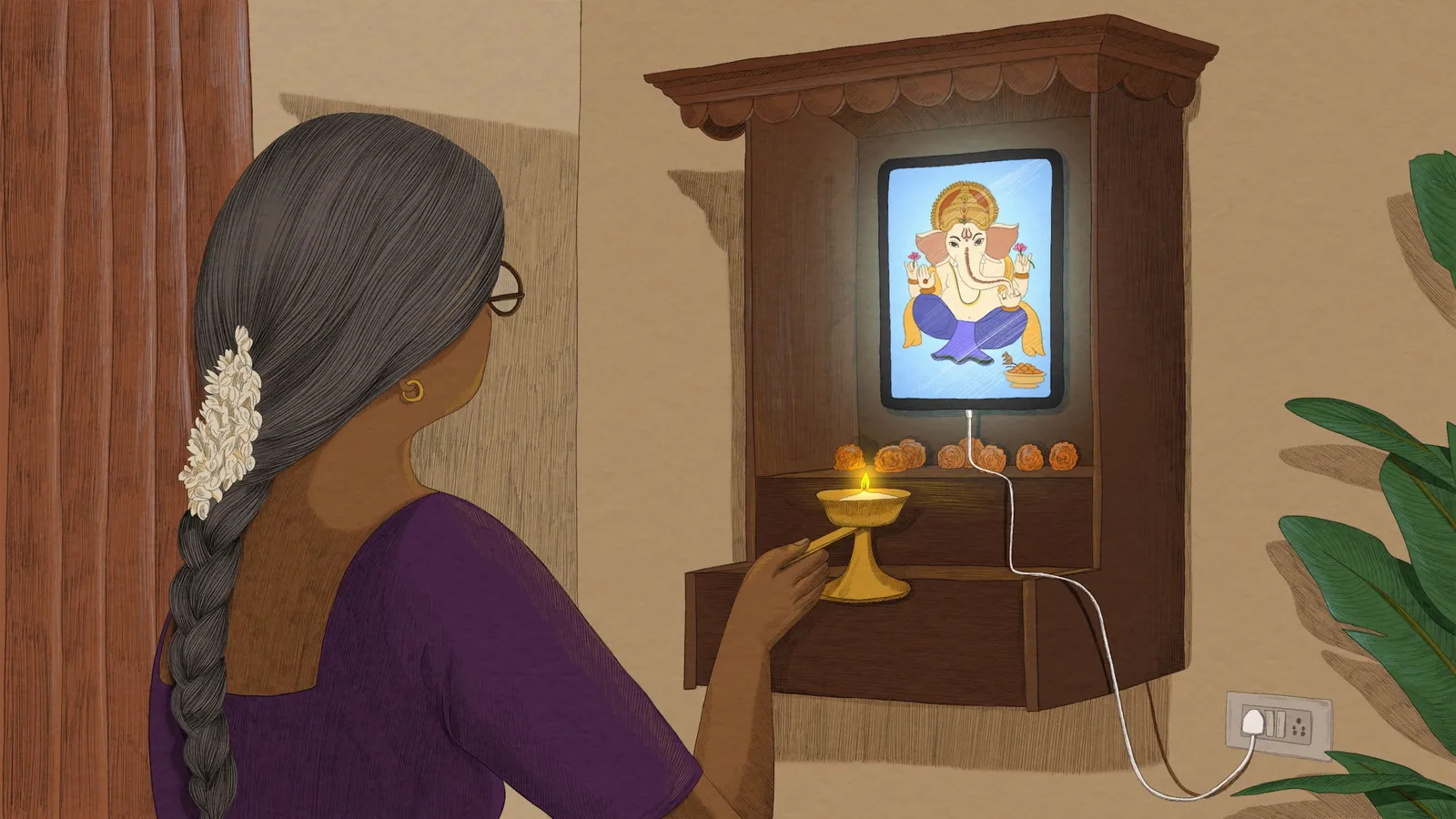
-
Sophia Rosenfeld: Indeed, even in democracies, choice can sometimes seem to be not only an illusion (is there any real difference between the scores of toothpastes or breakfast cereals in contemporary supermarkets?) or a headache to contend with, but a regressive force. Think, for example, of people who took up the pro-abortion rights phrase ‘My body, my choice’ to protest mask or vaccine mandates during the COVID-19 pandemic, even as they were told that the point of both actions was to limit the spread of the disease and advance public health more broadly. Or consider how the US president Donald Trump’s current claims to be restoring the American people’s ‘freedom to choose’ in the market for cars and appliances will require gutting environmental regulations and thus advancing climate change in ways that will negatively impact all of us. It’s not just that we don’t always know our minds. It’s that choice in its current incarnation isn’t, in fact, always freeing.
-
Karl Ove Knausgaard: Ivan’s tale is an indictment of Jesus Christ. He returns to earth, is thrown into a prison cell by the Grand Inquisitor, and is called to account. He could have prevented all want, all suffering, but he chose not to. Instead of bread, he gave humanity freedom. Having to choose between good and evil, in the Grand Inquisitor’s view, is a burden that human beings are too weak to bear. They long for someone to relieve them of it. And that is what the Grand Inquisitor offers them. Jesus is silent; he just sits there listening to this high priest of materialism until he is done. Then he walks over to him and kisses him on the lips, before disappearing into the streets of Seville.
-
From WH Auden’s “In Sickness and in Health”: Beloved, we are always in the wrong, / Handling so clumsily our stupid lives, / Suffering too little or too long, Too careful even in our selfish loves
-
-
-
But how to see the world from the outside when there is no longer an outside? - Karl Ove Knausgaard
-
From Matthew Thorburn’s “Touch”: a touch halfway / between eye and ear, a touch I believe is holy / because that place is called my temple.
-
When Did Everything Become So ‘Intentional’?: “I understand why people want that sense of safety and control,” said Dr. Sun, the Seattle-based therapist. “I would also say that, essentially as human beings, we don’t have the ability to set intentions so good, to make decisions so good, that we’re immune from heartbreak, pain, sickness and all the difficulties in life.
-
It is better to do your own duty badly than to perfectly do another’s —Bhagavad Gita
-
-
-
-
-
Noh: On a summer night, Ms. Kamiyama played the lead role in a ghost story belonging to Japan’s ancient Noh form of drama. She wore a small oval mask and an ornate kimono as she stepped out onto a Shinto shrine’s weathered wooden stage surrounded by torches. A chorus of singers chanted, and musicians played a flute and drums while she stomped and spun in stylized dance moves.
